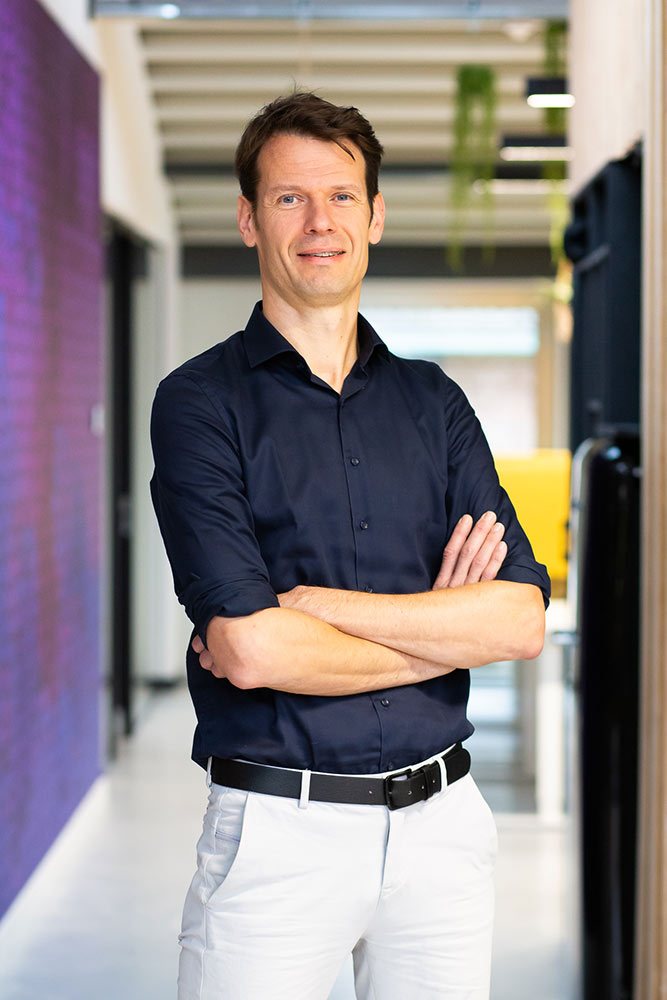Our own chess prodigy
At Pipple, we have our own chess prodigy: Robin Swinkels is a chess grandmaster and data scientist. And although his only addiction is chess, he does see similarities between his work at Pipple, chess and the Netflix series. Robin: “With Artificial Intelligence techniques, such as Reinforcement Learning, we can run through an incredible number of scenarios. By filtering out the most successful ones each time, we eventually arrive at the desired result.” As in Reinforcement Learning, chess is looking ahead, running through scenarios and adapting to developments, like a move on the board. You think out a path; if it does not lead to the desired result, you take another route.
Reinforcement Learning
In the series, Beth learns from every opponent she faces, developing herself, discovering new strategies and becoming “unbeatable. The AI technique Reinforcement Learning works in a similar way. Lennart van Ham, also a data scientist at Pipple, wrote his thesis on this, “We also put the system through a learning curve. By classifying desired and undesired outcomes as such, the system learns to develop itself.” In the series, Beth gets really good only by learning from her own chess games. “In order to get better, the system plays infinite games while continuously experiencing what is right and what is wrong, what is faster, better. That’s how it learns to judge situations.”
Development of AI
Beth’s opponent in the series is Russian Borgov. A chess grandmaster who has been learning and training stoically since childhood. Top chess players like him take decades to reach a high level. Google’s computer program AlphaZero took four hours to learn the rules and get to an equivalent level. But like Borgov, AI systems often lack creativity, learning to react within set frameworks. Within that, they seek the best possible outcome. It is up to us to create those frameworks.
These are fairly new techniques, and developments are not standing still. Robin: “At Pipple, we are always innovating. We are developing these techniques, applying them and learning more every time.” Even beyond the chessboard, AI techniques could, in the future, mean so much in solving complex problems.
What that future looks like? Who knows, but with ever smarter systems and human creativity, we can begin to discover and shape that future.


